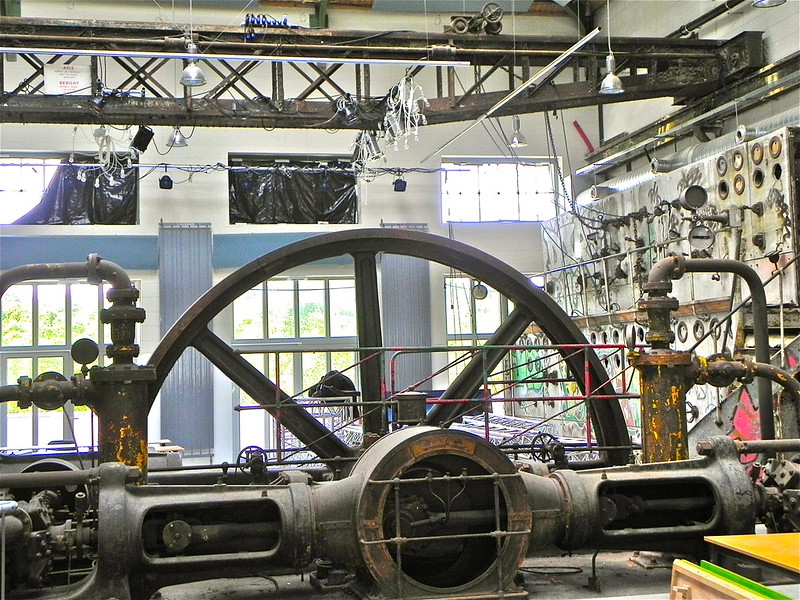Brussels: Restoration of Wielemans-Ceuppens Brewery’s machines started
In 2013, the feasibility study for the rehabilitation of the Wielemans-Ceuppens Brewery’s Machines in Brussels received the Grand Prix in Research of the EU Prize for Cultural Heritage / Europa Nostra Award. Two years later, in December 2015, the restoration of the machinery started to be implemented and is expected to be completed in September 2016. “This was made possible thanks to the visibility acquired through the Award, along with the support of Europa Nostra’s Industrial and Engineering Heritage Committee and the Baillet Latour Fund,” stated Guido Vanderhulst, President of BruxellesFabriques, the association behind this major industrial heritage initiative.

Built in 1894 and 1905, these machines have not survived elsewhere in Europe and one of them – the De La Vergne compressor, produced in New York – is unique in the world. The restoration is progressing very quickly and has already presented remarkable results, such as the full restoration of the bridge crane, as well as the reactivation of the De La Vergne compressor, which previously lay unused for almost 100 years.
The project goes far beyond a simple restoration of the exceptional machinery. The renovation of this industrial site is a unique sociocultural project. The former Wielemans-Ceuppens brewery is a symbol for Brussels, which has enchanted several generations with its distinctive beers. After a period of growth and much expansion, the business ultimately went bankrupt and the brewery was forced to close in 1988 after more than a century of production. The Wielemans-Ceuppens machinery survives as a testament to the brewery’s golden age and as one of the most important representatives of the Belgian brewing industry. Restoring the Wielemans-Ceuppens machinery is therefore a way of preserving the memory of the brewery, as well as presenting the development of the applied sciences of brewing production.
Taking these elements into account, Guido Vanderhulst, President of BruxellesFabriques, carried out a feasibility study for the restoration of these machines. The project researched the brewery’s history, took an inventory of the remaining machines and their various elements and discovered their evolution compared to technological progress and new energy sources. Further to this, however, the study also established an original sociocultural project for this historic industrial site which integrated the restoration of the machines. This included switching some of them on for public demonstrations, involving the training of technicians in heritage and audience communication.
The project received the invaluable support of the Baillet Latour Fund and the Region of Brussels-Capital, in addition to the support of the Industrial and Engineering Heritage Committee of Europa Nostra, chaired by Pierre Laconte. The project also benefitted from the collaboration with the Municipality of Forest and BRASS – Forest Cultural Centre.
The site is open for visits in French, Dutch, English and German. Additional information can be found on the project’s website.






